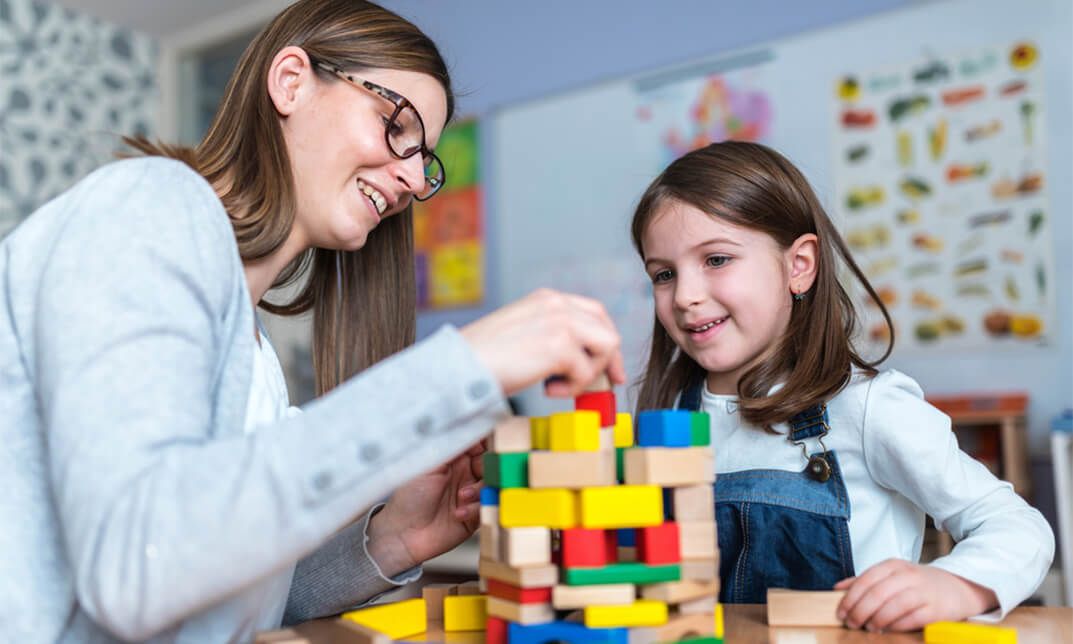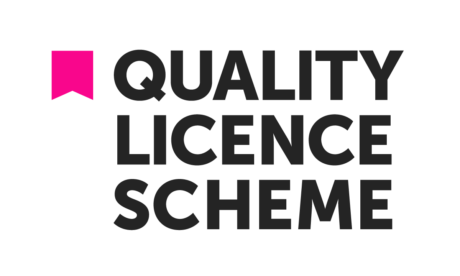Diploma in Child Care & Development
CPDUK Accredited | 50% OFF Certificate & Transcript
403 Students enrolled on this course 4.8 (5 Reviews)
 Last updated April 17, 2024
Last updated April 17, 2024
Course Curriculum
| Module 1: Understanding Child Development | |||
| Understanding Child Development | 00:23:00 | ||
| Module 2: Caring for Children | |||
| Care for Children | 00:25:00 | ||
| Module 3: Healthy Food, Healthy living | |||
| Healthy Food, Healthy Living | 00:20:00 | ||
| Module 4: Keeping Children Healthy & Safe | |||
| Keeping Children Healthy and Safe | 00:32:00 | ||
| Module 5: Child Protection | |||
| Child Protection | 00:23:00 | ||
| Module 6: Play, Imagination and Creativity | |||
| Play, Imagination and Creativity | 00:25:00 | ||
| Module 7: Early Years Provision | |||
| Early Years Provision | 00:20:00 | ||
| Module 8: Children with Special Needs | |||
| Children with Special Needs | 00:39:00 | ||
| Mock Exam | |||
| Mock Exam- Diploma in Child Care & Development | 00:20:00 | ||
| Final Exam | |||
| Final Exam- Diploma in Child Care & Development | 00:20:00 | ||
| Recommended Materials | |||
| Workbook – Diploma in Child Care & Development | Unlimited | ||
| Assignment | |||
| Assignment – Diploma in Child Care & Development | 6 days, 6 hours | ||
| Order Your Certificate | |||
| Order your Certificate QLS | 00:00:00 | ||
Course Reviews
Frequently asked questions
Can’t find the anwser you’re looking for ? Reach out to customer support team.
There are no specific prerequisites for this course, nor are there any formal entry requirements. All you need is an internet connection, a good understanding of English and a passion for learning for this course.
You have the flexibility to access the course at any time that suits your schedule. Our courses are self-paced, allowing you to study at your own pace and convenience.
For this course, you will have access to the course materials for 1 year only. This means you can review the content as often as you like within the year, even after you've completed the course. However, if you buy Lifetime Access for the course, you will be able to access the course for a lifetime.
Yes, upon successfully completing the course, you will receive a certificate of completion. This certificate can be a valuable addition to your professional portfolio and can be shared on your various social networks.
We want you to have a positive learning experience. If you're not satisfied with the course, you can request a course transfer or refund within 14 days of the initial purchase.
Our platform provides tracking tools and progress indicators for each course. You can monitor your progress, completed lessons, and assessments through your learner dashboard for the course.
If you encounter technical issues or content-related difficulties with the course, our support team is available to assist you. You can reach out to them for prompt resolution.





 LOGIN/Sign up
LOGIN/Sign up





Naomi Power
Highly recommended for child-care professionals.
Kiera Smart
Well laid out content and easy to follow. This was my first course with Janets and I’m more than satisfied! XXX
Francesca Martin
Amazing course! Being a professional in this field for 5 years I can tell what skills you need to become a good child-care specialist and this course contains very informative contents. If you are a beginner I would suggest you to take level 1 course first. This one is for mid-level practitioners and those who have completed level 1 earlier.
Laura McDonald
This CPD certified course was an exact match to my needs. Awesome content and nice professional certification! Thanks Janets!
Edward Dixon
The course includes lots of examples, images and videos that helped me understand the concepts and I really liked it.